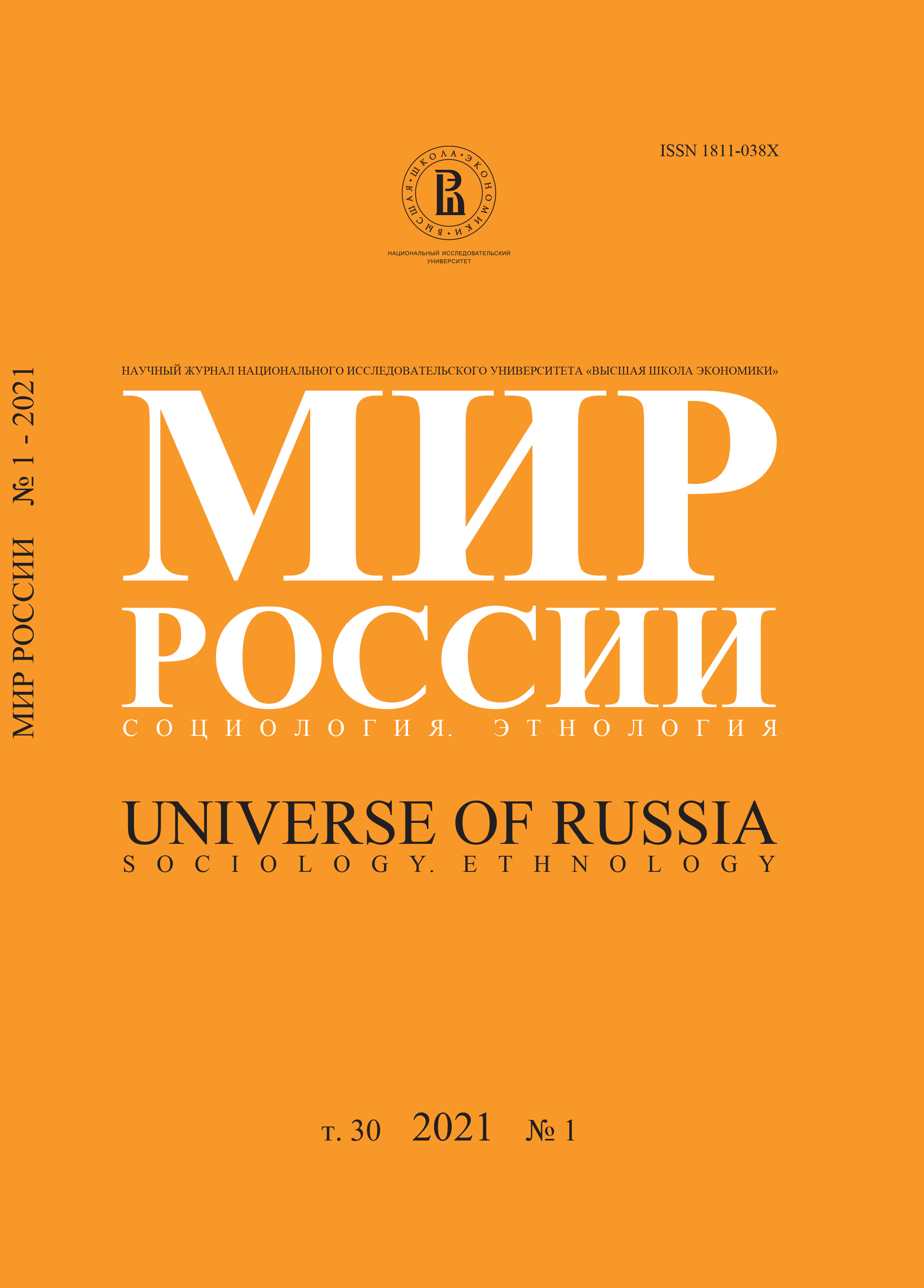Do We Understand “1984” Correctly?
Abstract
The article presents a “sociological analysis” of George Orwell’s novel 1984. I aim to identify the real society which Orwell portrayed in his novel. For 70 years Orwell himself, including his many critics and readers, perceive this novel as an anti-utopia, which allegorically depicts the Stalinist regime in the USSR. However, it often happens that the author himself and his fans misinterpret the work. I argue that Orwell’s novel cannot be a satire of the USSR. Firstly, Orwell had never been to the USSR and could not know Soviet reality well enough to accurately describe it in the novel. Secondly, the portrayal of the Party, the life of the “breaks”, and the ideology of Oceania contradict the corresponding realities of the Stalinist Soviet Union. And thirdly, there are significant parallels between Oceania “1984” and Great Britain of the late 1940s, where the “socialist reforms” of the Laborites took place under the leadership of Clement Attlee, whom Churchill called “the English Stalin”. Thus, I conclude that while consciously Orwell may have wanted to create an anti-Stalinist pamphlet, unconsciously he reproduced the reality of his native post-war Great Britain. He portrayed in black colors the reforms of the Laborites, although at the level of consciousness, he considered himself their supporter.






